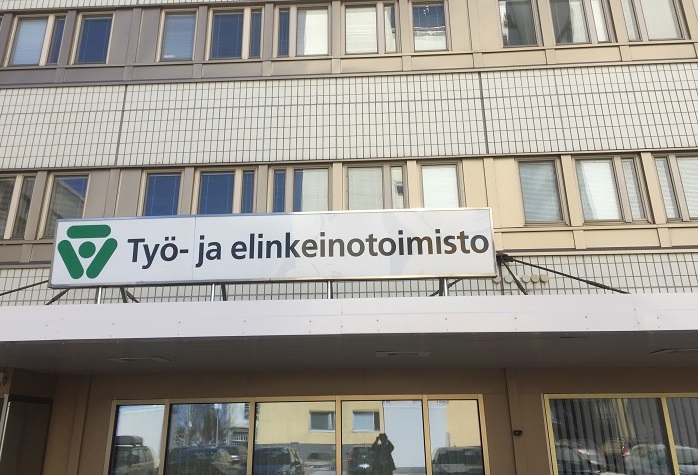Health limitation top barrier to employment in Finland: OECD
Published : 08 Oct 2020, 22:44
Updated : 09 Oct 2020, 01:20
About 27% of the working-age population faces difficulties in entering the labour market and health limitation is the biggest barrier to employment in Finland, reports a research study conducted by the OECD.
The OECD’s research Faces of Joblessness, acquired by the social affairs and health ministry and the national social insurance institution Kela identifies eight faces of joblessness in Finland.
According to the study report, 18% of the working-age population here did not work at all throughout the year, while a further nine per cent was only weakly attached to the labour market.
They were occupying unstable jobs, working limited hours, or earning very little, a social affairs and health ministry press release on Thursday quoted the report as saying.
The OECD study examined employment patterns of working-age individuals (17-64) in Finland over the course of 2017 based on EU-SILC data.
The research identifies eight ‘faces’ of joblessness including groups characterized as
Individuals who are no longer looking for work and are living largely in rural areas (26% of the jobless), individuals in unstable or intermittent employment and with limited employment barriers (20%), early retirees with comparatively high skills but limited financial work incentives (12%), a group of mostly men living in rural areas and actively seeking work despite health limitations (11%), women with significant care responsibilities (10%), young low-skilled individuals (9%), prime-aged low-skill individuals (8%) and individuals with significant non-labour income (4%).
People with weak labour-market attachment face multiple barriers and health limitations is the biggest of them in Finland, said the report.
The report distinguishes three types of employment obstacles:
Barriers related to work capacity (skills, work experience, health, care responsibilities), Incentive barriers (resulting from tax and benefit provisions or because of the availability of significant incomes that do not depend on own work effort), and Job-search barriers (e.g., limited availability of job offers).
“Compared to other OECD countries, a large proportion of Finland’s jobless report poor health as a barrier to employment. Further work will be needed to unpack what is going on here, particularly the role played by mental health,” said economist and researcher Emily Farchy from the OECD.


